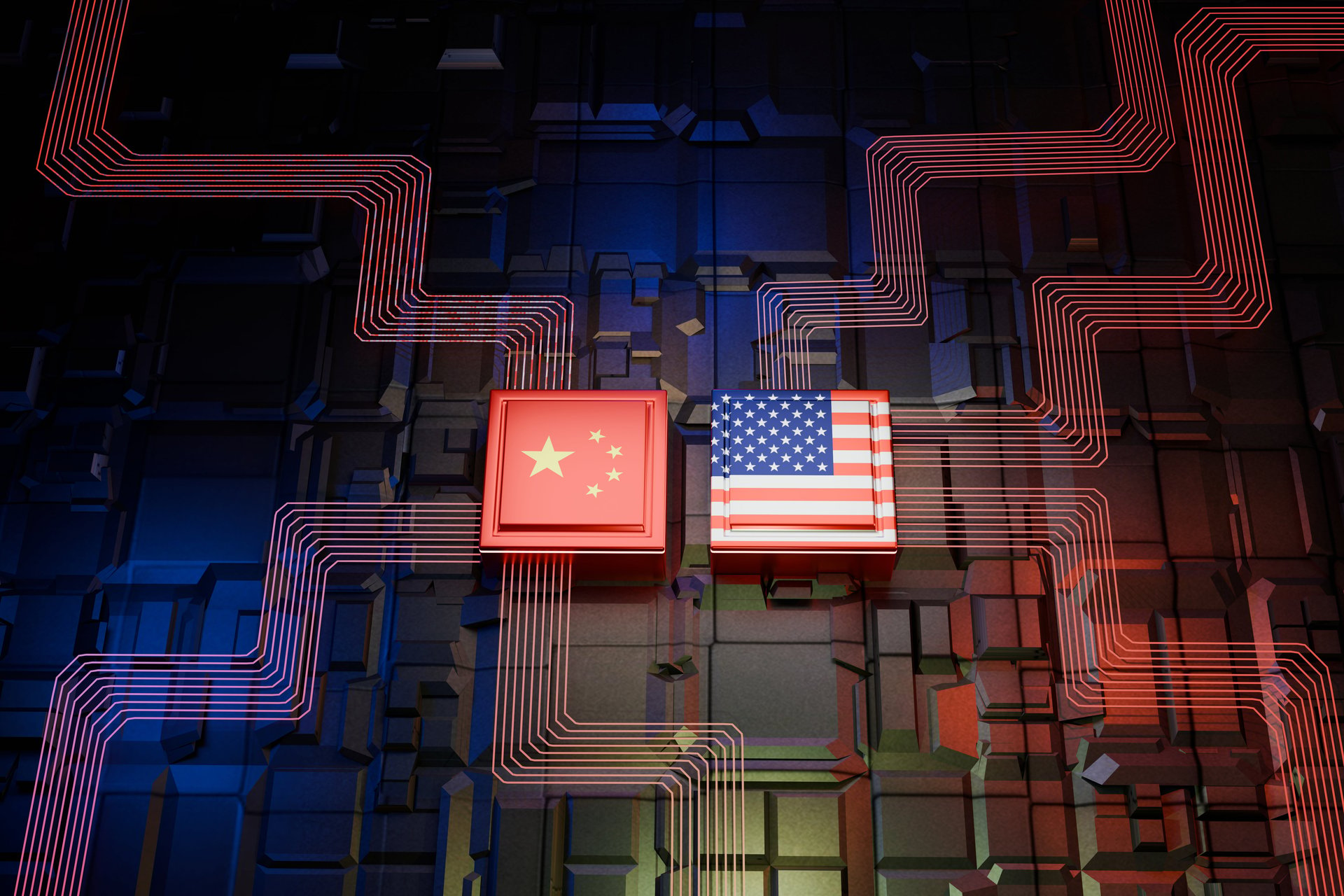The U.S. is ramping up chip export controls to curb China
The Biden administration announced new export controls on critical technologies, including semiconductors and quantum computers

The U.S. has released its latest set of export controls on critical technologies as it steps up its efforts to curb China’s technological advances.
Suggested Reading
The new export controls cover quantum computing, aerospace technology, and semiconductors, which “warrant export controls because of national security concerns,” the U.S. Department of Commerce’s Bureau of Industry and Security (BIS) said. The rules, which were released Friday and don’t explicitly name certain countries, “are the product of extensive discussions with international partners,” and are being adopted as military applications enabled by critical technologies “emerge and evolve,” said BIS.
Related Content
“Today’s action ensures our national export controls keep step with rapidly evolving technologies and are more effective when we work in concert with international partners,” Alan Estevez, under secretary for the BIS, said in a statement. “Aligning our controls on quantum and other advanced technologies makes it significantly more difficult for our adversaries to develop and deploy these technologies in ways that threaten our collective security.”
Components for quantum computing and advanced chipmaking tools, as well as high-bandwidth chips that are essential to artificial intelligence technology, are part of the restrictions, which will impact global exports. However, countries including Japan and the Netherlands are exempt from the restrictions because of similar existing export controls. Equipment and technology designed for producing metal or metal alloy components are also included in the restrictions.
“Several like-minded countries” have announced or implemented export controls covering quantum computing and advanced chip manufacturing, the BIS said, adding that it expects “additional countries will implement similar controls soon.”
U.S. officials will issue a final ruling on the new export controls after a 60-day public comment period.
Meanwhile, the Dutch government announced it is expanding export control measures related to advanced semiconductor manufacturing equipment, specifically deep ultraviolet lithography equipment, which is manufactured by Netherlands-based ASML. The change announced Friday gives the Dutch government control over ASML’s exports of its machines to other countries, which the U.S. had done.
“I’ve made this decision for reasons of security,” Dutch Minister for Foreign Trade and Development Reinette Klever said in a statement. “We see that technological advances have given rise to increased security risks associated with the export of this specific manufacturing equipment, especially in the current geopolitical context.”
